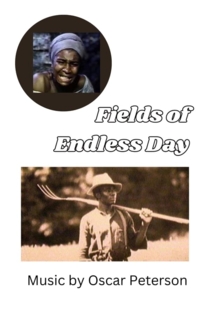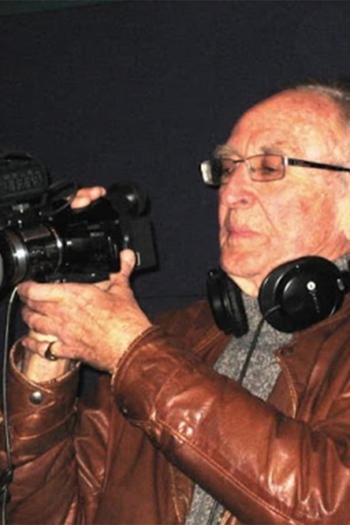
Terence Macartney-Filgate
1924 (101 год)The Back-breaking Leaf
Terence Macartney-Filgate
Stanley Jackson
Here is a graphic picture of the tobacco harvest in southwestern Ontario. At the end of July, transient field workers move in for a brief bonanza when the plant is ripe. The tobacco harvesters call it "the back-breaking leaf."
The Back-breaking Leaf
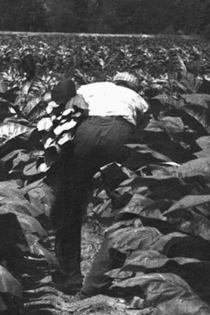
Pilgrimage
Terence Macartney-Filgate
St. Joseph's Oratory, a picturesque shrine silhouetted against Mount Royal, draws pilgrims by the thousands every year. They come from California by Greyhound bus, from Vancouver by plane, and on foot from many parishes surrounding Montréal. What is the fame of this shrine, that it attracts the devout and the curious alike? The story is told by Brother Placide Vermandère of the Order of the Holy Cross, who was personally acquainted with Brother André, after whom the shrine's famous temple is named. Cameras follow a procession of the League of the Sacred Heart through the streets of the city to the famous sanctuary and show many of the religious observances conducted in the church, including Mass attended by invalids who come in the hope of being healed of various afflictions.
Pilgrimage
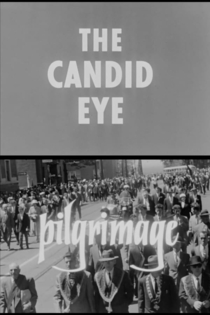
Symbiopsychotaxiplasm: Take One
William Greaves
Patricia Ree Gilbert , Don Fellows
In Manhattan's Central Park, a film crew directed by William Greaves is shooting a screen test with various pairs of actors. It's a confrontation between a couple: he demands to know what's wrong, she challenges his sexual orientation. Cameras shoot the exchange, and another camera records Greaves and his crew. Sometimes we watch the crew discussing this scene, its language, and the process of making a movie. Is there such a thing as natural language? Are all things related to sex? The camera records distractions - a woman rides horseback past them; a garrulous homeless vet who sleeps in the park chats them up. What's the nature of making a movie?
Symbiopsychotaxiplasm: Take One
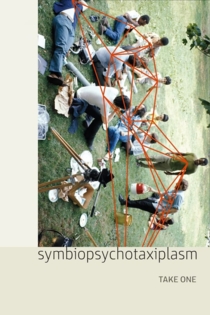
The Days Before Christmas
Wolf Koenig, Stanley Jackson
This short documentary depicts Christmastime in Montreal. The milling crowds, department store Santas, Brink's messengers, kindergarten angels and boisterous nightclubs all combine to make a vivid portrait of the holidays.
The Days Before Christmas

The Cars in Your Life
Terence Macartney-Filgate
Robert Moses
A light, humorous look at the motor car and the great North American itch for a place on the road. From the comparative peace of Honest Joe's used-car lot, this film hustles you onto our public speedways, where hot rubber erases any distance between all points. Slow-motion and pop-on-pop-off photography make this a provocative, revealing study of motormania unlimited. A 1960 black and white production. (Also released under the title 1/3 Down and 24 Months to Pay.)
The Cars in Your Life
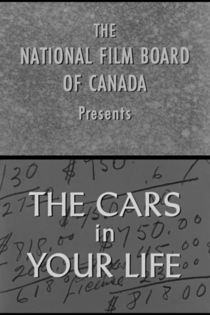
Police
Terence Macartney-Filgate
The misbehaving public performs for the camera in a half-hour miscellany of misdeeds. In a behind-the-scenes look at the hour-by-hour operation of a large metropolitan police force, this film presents a fair sampling of what keeps Toronto's police officers busy twenty-four hours a day.
Police
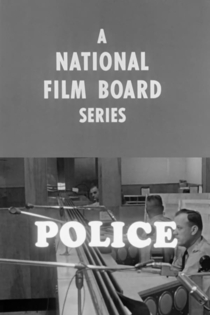
The End of the Line
Terence Macartney-Filgate
This documentary short offers a nostalgic look at the steam locomotive as it passes from reality to history. In its heyday, the big smoke-belching steam engine seemed immortal. Now, powerful and efficient diesels are pushing the old coal-burning locomotives to the sidelines, and the lonely echo of their whistles may soon be a thing of the past.
The End of the Line
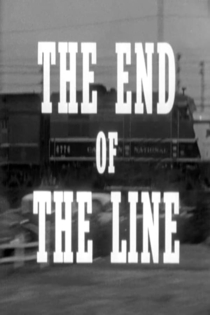
Blood and Fire
Terence Macartney-Filgate
The Salvation Army in action. Band rehearsals, personal reminiscences of an Army officer, and an unrehearsed "coming to Christ" in the Army Citadel make for a revealing film study of men and women dedicated to a life of service to humanity.
Blood and Fire
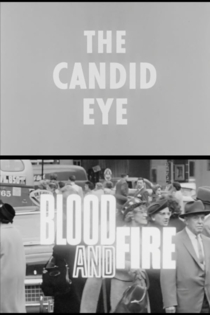
The Magical Eye
Terence Macartney-Filgate
William Whitehead, Louis Applebaum
Features clips from 21 documentary and animation film classics, interviews with NFB filmmakers past and present, and incisive commentary from film critics and historians on the role and influence of the NFB during its first half century of existence.
The Magical Eye

